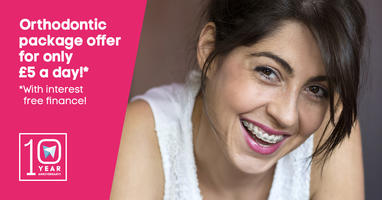When you get into medical science as a career, it is understood that you will have certain ethical responsibilities towards your patients. This means that you try and give the soundest medical advice and do everything in your power to help the person in need, even if that means that you have to advise an option that will not make you, the doctor, the most amount of money. And this general ethical principle expands to every facet of medicine, even ones as trivial as cosmetic dentistry.
Questions
The realm of cosmetic dentistry does not deal with life-saving operations, but the ethical standards prescribed by the hippocratic oath still hold. Very few are the circumstances in which they will be tested, but there are some. One such question involves the use of veneers. The patient may want veneers, because they may not want to deal with having to wear orthodontics, and they may not be interested in getting orthodontry at all. Mentioning the better long term option may make them leave and go to another clinic with a less caring dentist, who may sell them the veneers they wanted to get initially, meaning the more thoughtful dentist has now lost potentially thousands of pounds of revenue. So what is the right way to act in this circumstance?

The customer is always right, and the patient likewise. If the patient comes in and wants to find out about veneers, the dentist should tell them about veneers. Afterwards, s/he should tell them about how orthodontics would be better for the patient’s health and their teeth, and try to get them to go with the option that is better for them. Explain the risks that veneers have, and tell them about the disadvantages that veneers have over orthodontics. If the patient decides to get veneers after being fully informed, it is completely ethical to let them make that decision for themselves and for the dentist to provide the veneers. The point is to make the patient aware of the risks and downsides before giving them treatment, and to provide better options.
We As Patients
As a patient, our goal is to not have to make the cosmetic dentist face such heavy decisions. Listen to what they are saying, particularly if presenting different options, and let’s make an effort to fully understand what is going on. If something is unclear, do not be afraid to ask why, after all,a good dentist will not expect every patient to be orthodontry savvy, and will not be upset if s/he has to explain anything more than once.
image: 1.

